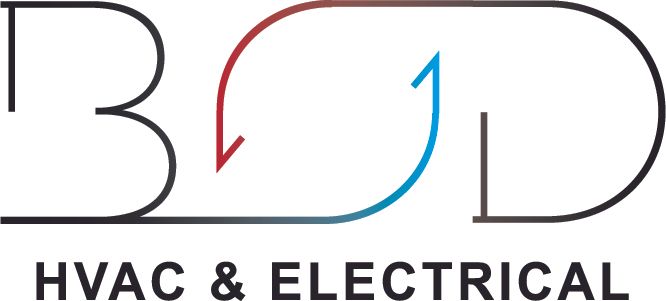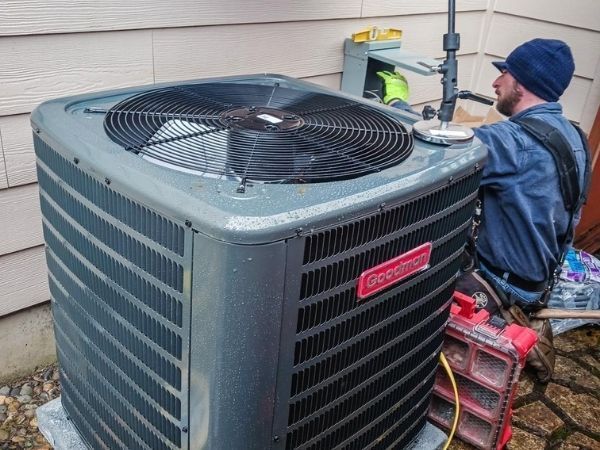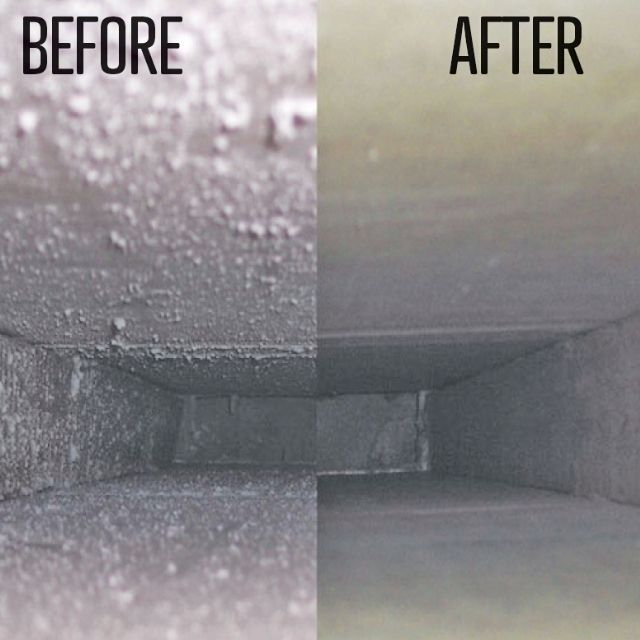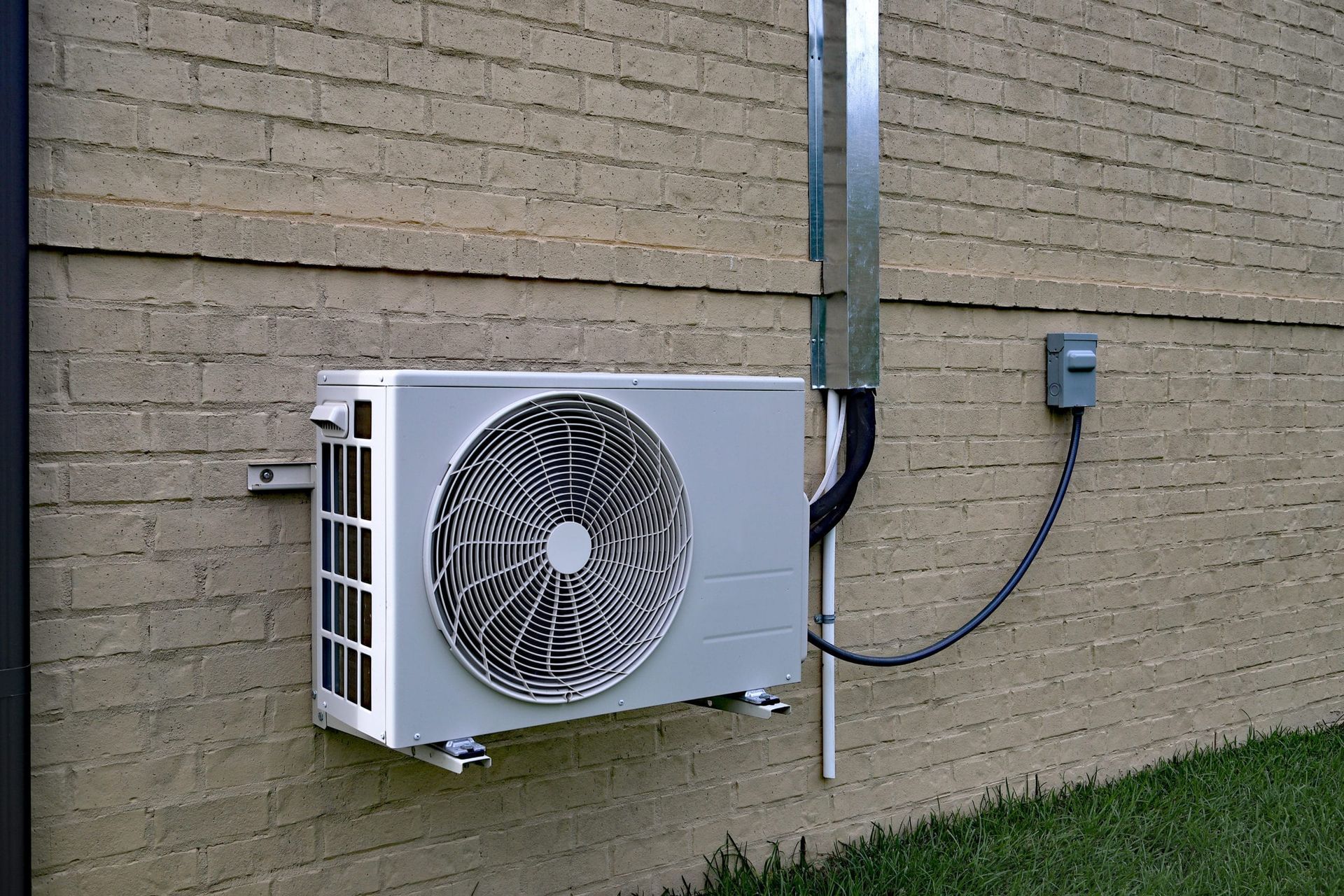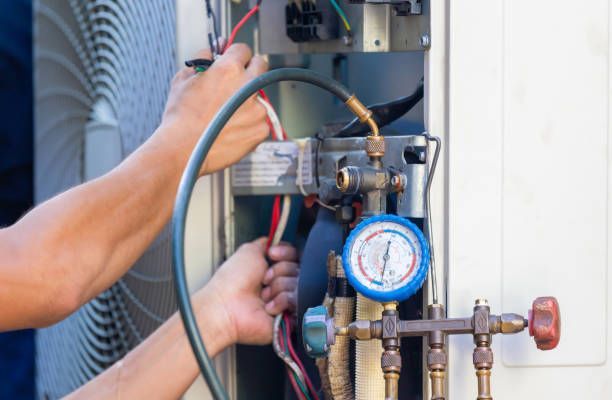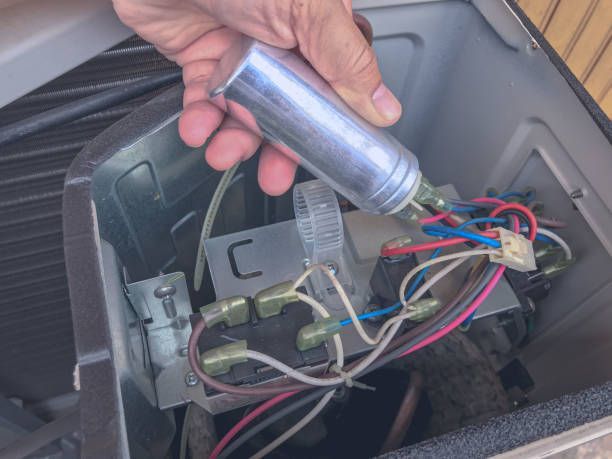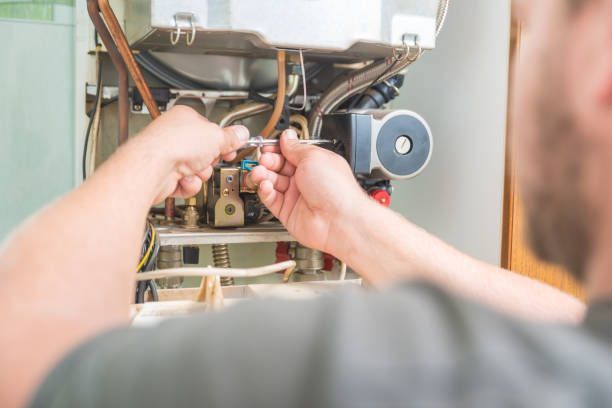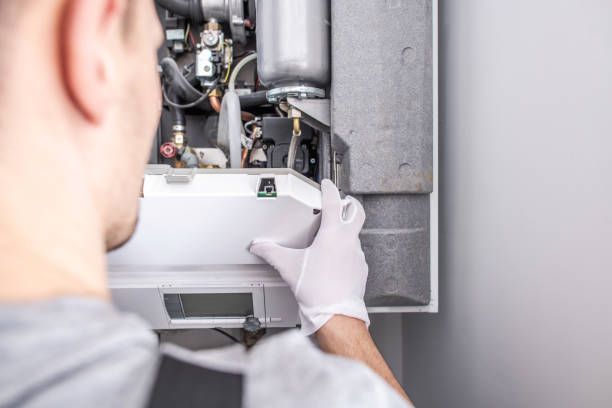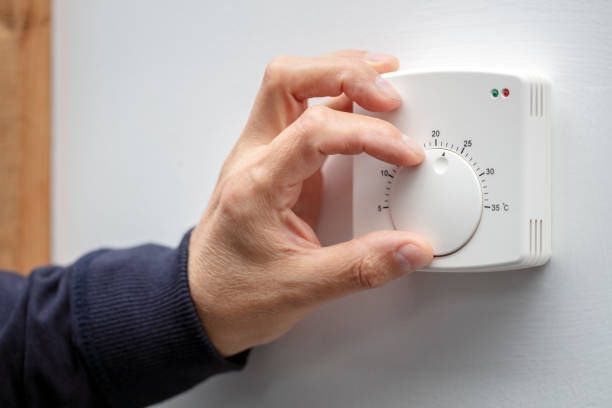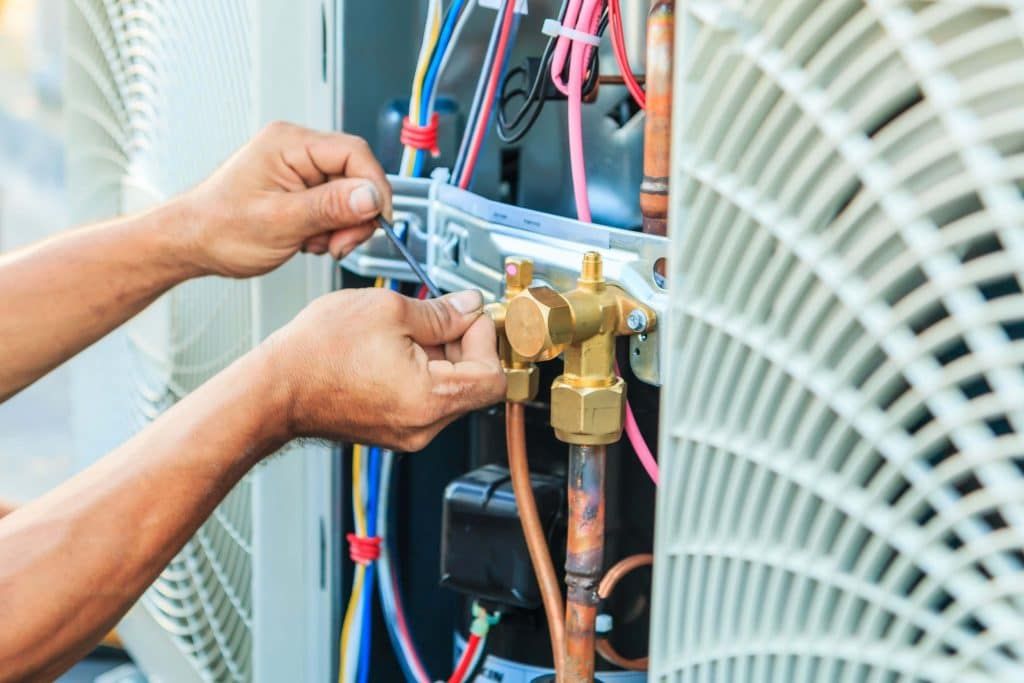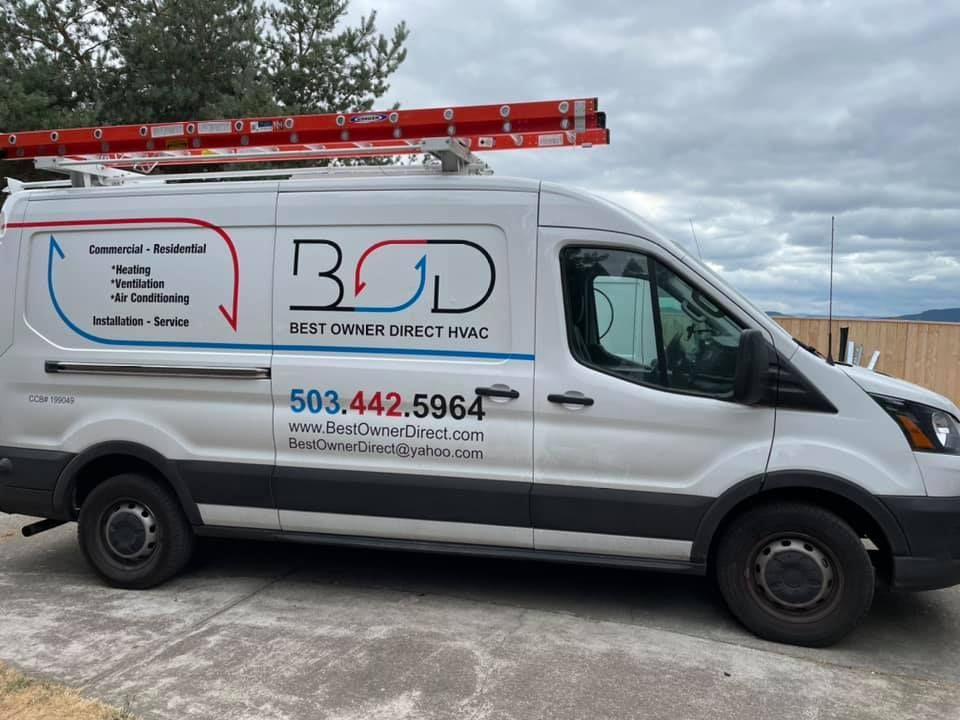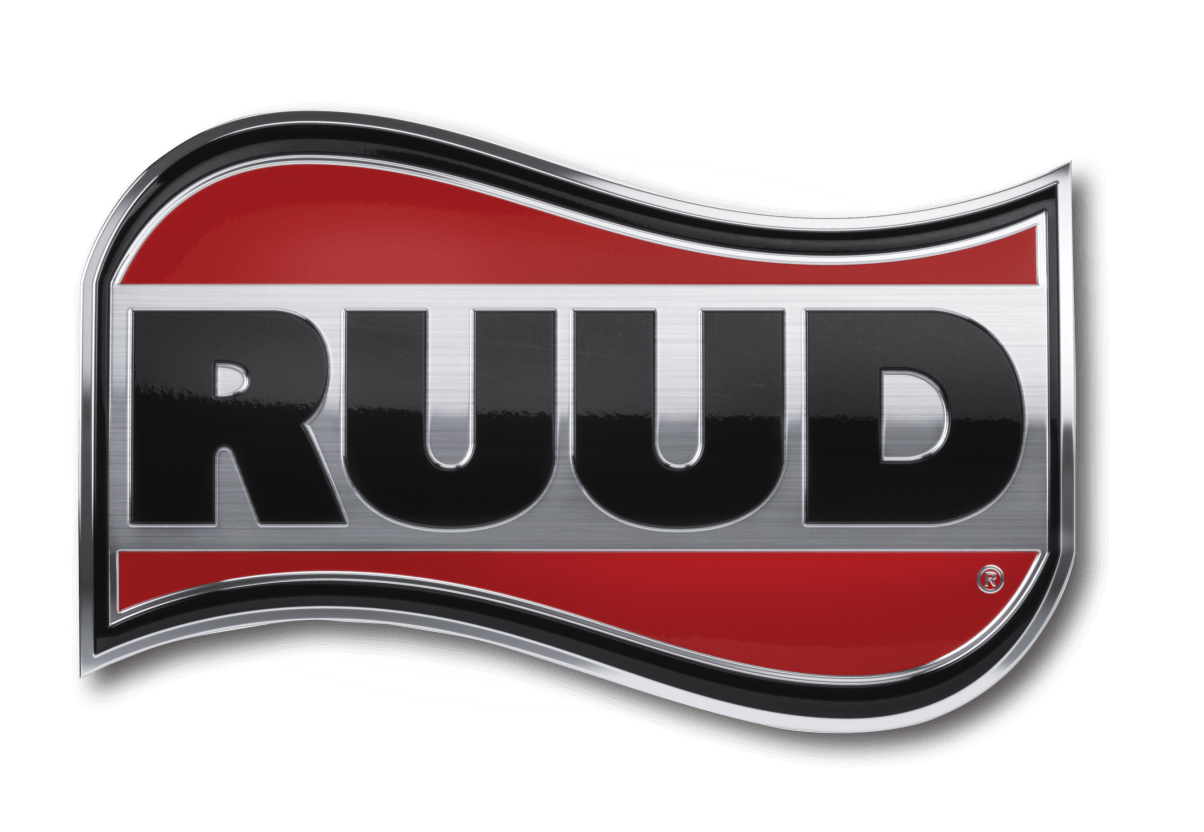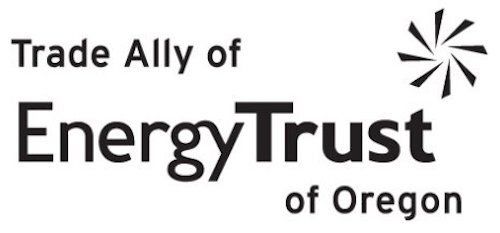Why is Water Dripping From my Heat Pump?
There are a number of reasons for water flowing from your heat pump. Here are several causes and fixes.
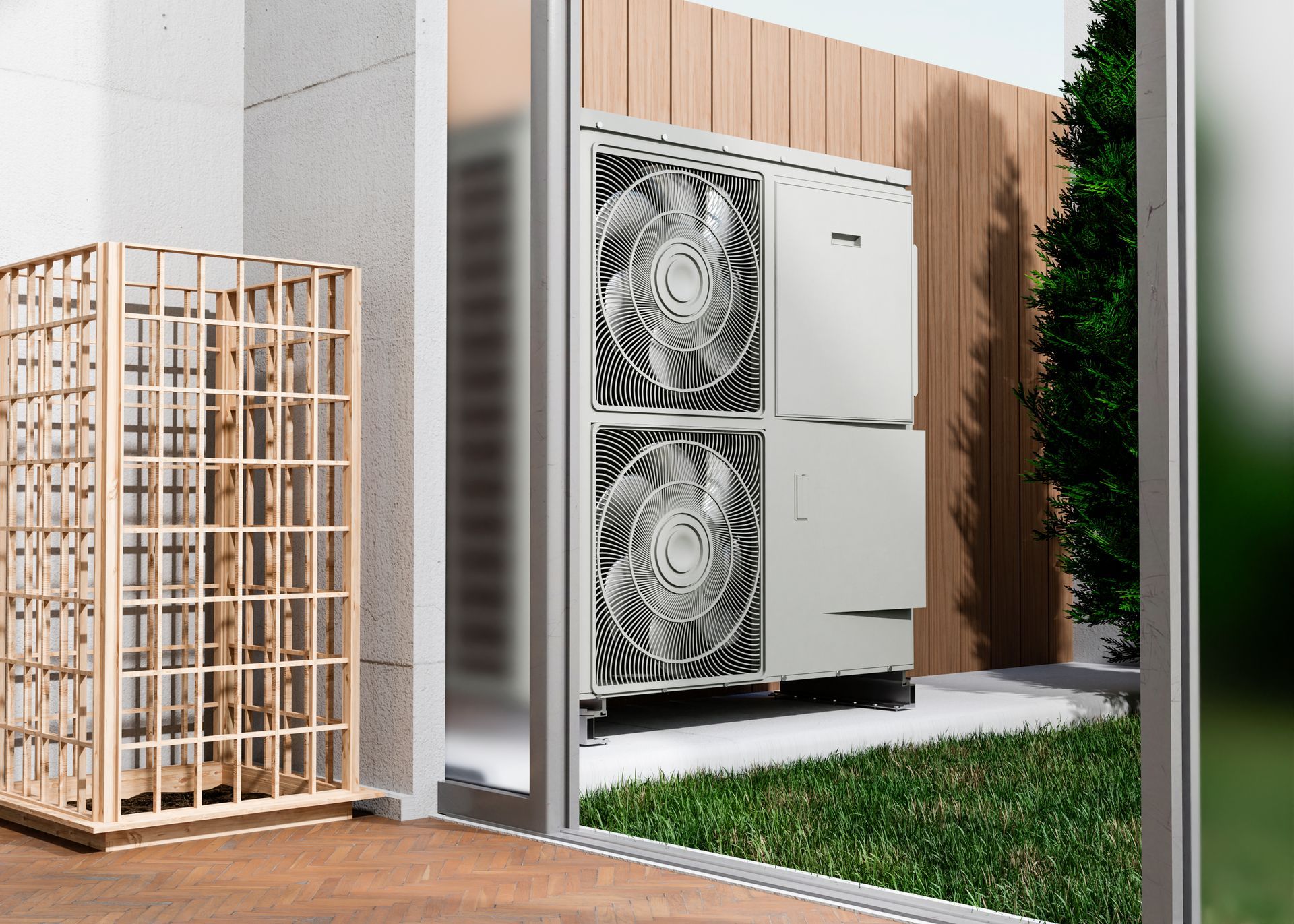
Heat pumps are an effective house heating method, but even the highest quality equipment might develop a leak. Like an HVAC system, a heat pump can help keep your home cool in the summer and warm in the winter.
To work, a heat pump uses refrigerant to move heat into or out of a building during the winter and summer, respectively. However, your heat pump's leakiness may be caused by various circumstances.
How Serious is it if My Heat Pump Leaks?
When it comes to HVAC problems, this one is quite minor. It's an issue that needs fixing, but a skilled heat pump maintenance specialist should have no trouble doing it.
Because of how uncommon this occurs, it may be easy to dismiss. Instead, after you discover the leak, it's best to have a professional come out and take a look. Ignoring a heat pump leak could cause water damage and mold growth in your home. In addition, puddles can cause electrical problems and premature component degradation. Fixing a leak is cheap and easy, but fixing a shorted-out unit is expensive.
The following are some of the most typical reasons for heat pump leaks:
Drain Issues
The drain pan on most heat pumps collects moisture from the unit. If debris, mold, or algae build up in this pan, it could overflow and make a puddle around your pump. If the drain line becomes blocked or the condensate pan is not properly installed, the water will overflow and cause a leak. In many circumstances, the heat pump system will cut off automatically before this happens; however, the problem must still be rectified before your pump can run again.
Frozen Evaporator Coils
Ice can accumulate on the cooling coils in the summer if there isn't enough refrigerant. If this happens, the heat pump won't be able to do its job effectively in cooling the house. Ice can form on the evaporator coils if there is not enough refrigerant. This is a problem because it slows down the cooling process, which affects how well the pump works. Melting ice causes puddles of water that could compromise your infrastructure.
Cracked Overflow Pan
A heat pump's cooling mechanism is similar to that of an air conditioner in that it removes moisture from the air. Humidity condenses on the coils and eventually seeps into the overflow. Pans tend to corrode with time, which can cause cracks if not addressed. If the pan cracks, a large amount of water will spill onto the floor.
A Dirty Coil
Condensation forms in the air, and your unit's cold evaporator coil catches it and drains it into a pan, which flows into another drain. If this coil gets dirty, it won't work properly, and water will leak onto the floor.
Preventing Leaks in Your Heat Pump
The easiest approach to keeping your heat pump system leak-free is to fix any issues that could arise. Scheduled annual checkups of your heating equipment can protect your heat pump from leaks and other forms of wear and tear. In addition, having a professional take care of any needed heat pump maintenance will boost the system's efficiency and decrease the amount of money you spend on utility bills each month.
Get in Touch With Us ASAP If You Need Heat Pump Service or Installation
Keeping your heat pump in good working order is essential during the cooler months. Contact us today to find out how we can assist you with installing a new heat pump or repairing an existing one in your house.
Get a Free Quote Today!
Fill out the form below and we'll get back to you as soon as we can!
Contact Us
We will get back to you as soon as possible
Please try again later
Contact Us
Best Owner Direct is your local, independent, family-owned and operated, residential and commercial HVAC service, repair and installation team. We're a trade ally of the Energy Trust of Oregon and our certified professionals offer services for all major brands. With over 20 years of experience, our team can handle all of your HVAC needs.
Free estimates available for installations. Contact us today to learn more or to schedule an appointment!
Read More Tips from the Experts Below:
Best Owner Direct HVAC & Electrical is proud to be a PGE-approved Contractor and an Energy Trust of Oregon Trade Ally!
Serving Residential & Commercial Customers in Washington County, and parts of Yamhill, Multnomah and Clackamas Counties. Contact us for more information.
NAVIGATION
All Rights Reserved | Best Owner Direct HVAC & Electrical
